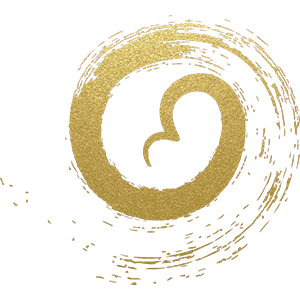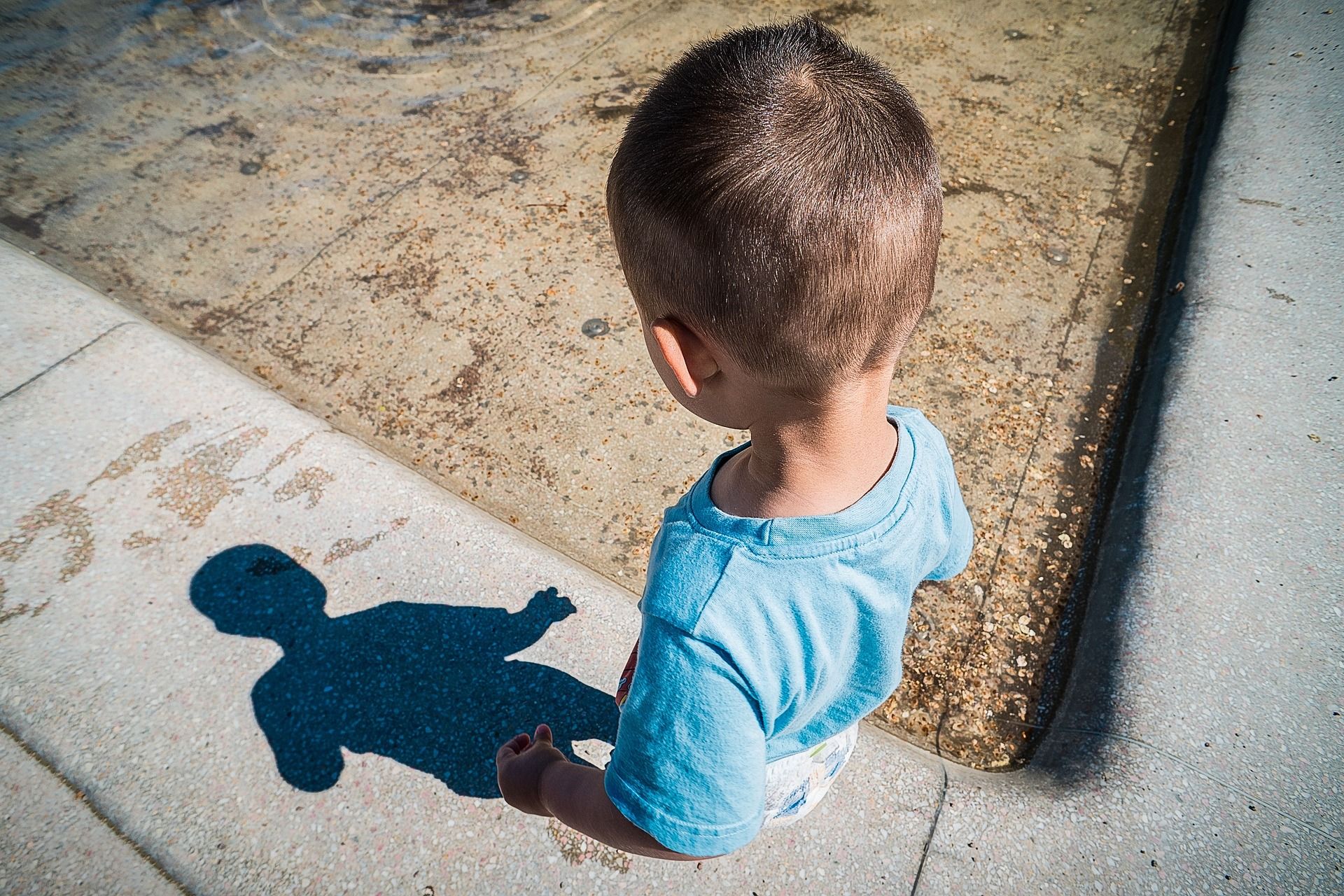The Concept of the Prenatal Shadow
The prenatal shadow refers to unconscious traumas experienced in the womb and at birth. These experiences, often unacknowledged, can shape our behaviours and emotions in profound ways.
The Role of the Shadow
Drawing from Carl Jung, Cherionna explains that the shadow consists of aspects of ourselves that have been pushed into the unconscious because they are perceived as unacceptable. These shadow aspects seek acknowledgment and can manifest in unconscious behaviours.
Prenatal and Birth Experiences as Shadow Material
In modern Western society, prenatal and birth experiences are often relegated to the shadow because they are not acknowledged or reflected upon. Cherionna's book aims to bring awareness to these experiences.
The Feminine and Masculine Dynamics
Cherionna discusses the cultural and collective shadow, particularly the shadow of the sacred feminine in a world dominated by the masculine. She clarifies that this is not about men versus women but about the qualities associated with the masculine and feminine.
The Dominance of the Masculine
The masculine, with its strengths in analysis and separation, has dominated our modern world, leading to competition, control, and war. Cherionna emphasises the importance of balancing these masculine and feminine qualities.
Identifying and Healing Early Traumas
Cherionna highlights the importance of practitioners doing their own work to integrate their traumatic experiences. This self-awareness enables them to better perceive and meet the needs of their clients.
Developmental Milestones and Trauma
Cherionna, with her background in occupational therapy and body-mind centering, looks at developmental milestones before birth. These milestones involve meeting challenges, and if these challenges are too overwhelming, they can become traumatic.
Integration and Healing
Integration involves coming to a place of having a coherent story about one's trauma. This process requires awareness and often involves working with the "little one" within us—the part of us that experienced the trauma.
The Positive Aspects of Trauma
While trauma is often viewed as inherently difficult and negative, Cherionna suggests that there are positive aspects to these experiences. She believes that these early challenges can deepen our understanding of ourselves and our potential.

